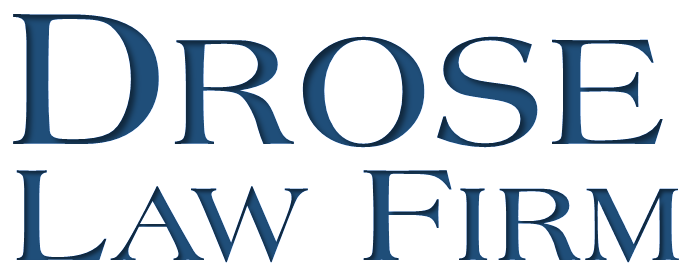Why is Chapter 7 the Best Option for Some People
Sometimes people simply cannot repay their creditors, no matter how good their intentions. A Chapter 7 forgives a Debtor of most, if not all, of their debts. A few exceptions are:
- most taxes
- child support and/or alimony
- most student loans
- court fines and criminal restitution
- debt arising out of personal injury caused by driving drunk or under the influence of drugs
- debt relating to money or property received by fraud
These exceptions either do not apply in a Chapter 13, or the debt that cannot be forgiven can be repaid in the plan of reorganization. That is discussed in more detail below. If a creditor has a mortgage on your house, or a lien on your car or other property, it is a secured creditor. Chapter 7 seems to work best for those people who have their secured creditors under control, who are willing to give up property attached to debt that they cannot afford, or who have very little secured debt, but who cannot pay their other creditors. A Debtor may struggle every month to pay the only secured creditor, the bank holding title to the Debtor’s vehicle, but after paying living expenses, may have no money to pay to finance companies and unsecured creditors. Under Chapter 7, the Debtor would be required to continue paying the regular payment on the car loan, but would have all other debts discharged. If the Debtor did not want to keep the vehicle, or could not continue making the regular payment, the car would be returned to the secured creditor. This creditor would then hold an unsecured claim which would be discharged (forgiven).






